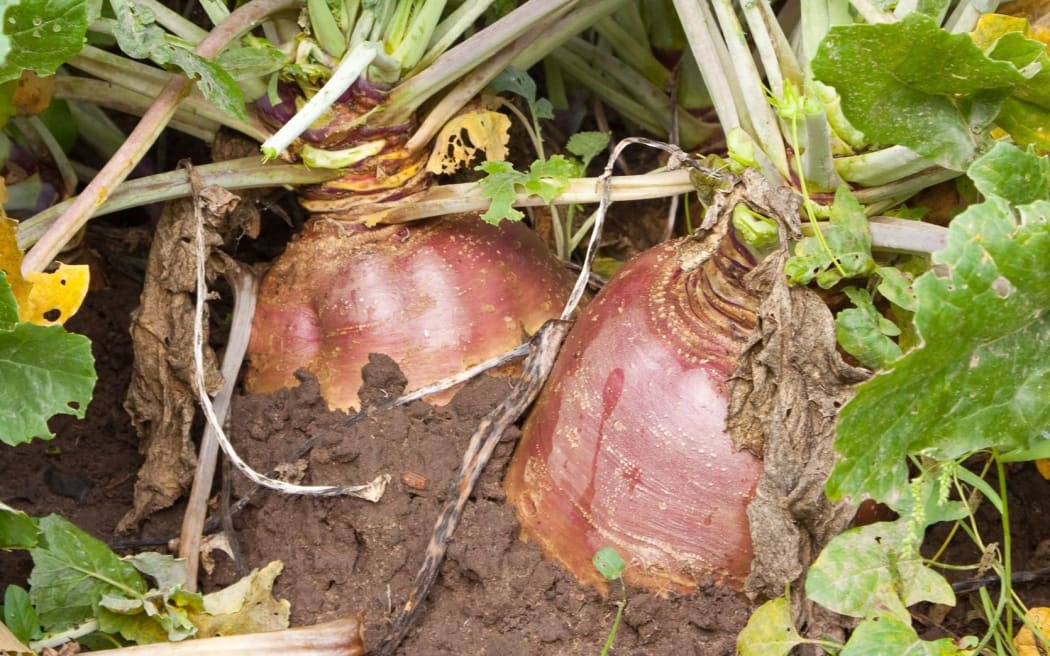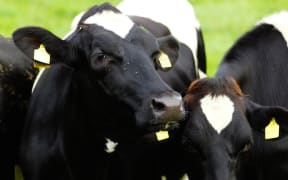The Green Party is calling for a halt to sales of herbicide-tolerant swede seed while investigations continue into cattle deaths in Southland and South Otago last year.

Photo: 123RF
Hundreds of cows died last spring after eating swedes, a common supplementary stock feed in the south.
A recently completed survey of more than 130 southern farmers has confirmed there was a higher incidence of ill health related to herbicide tolerant or HT swedes, compared with other varieties.
But officials said the reasons were still unclear, and plant scientists were still investigating possible links with higher levels of toxic compounds in the leaf material of those swedes, along with other factors.
Green Party agricultural spokesperson, Steffan Browning, said until that information was known, herbicide tolerant swede seed should be pulled from the shelves as a precaution.
He questioned why the Ministry for Primary Industries had not done so before planting this season.
"More testing is needed to determine exactly what chemicals are in these plants and their safety or lack, thereof.
"We could be looking at what the connection is with the mutagenesis that the seeds were created from, the chemicals used in the farming process, and whether the natural toxins have been enhanced by any of those processes."
David Green, general manager of PGG Wrightson Seeds, which sells the HT swede variety, said it did consider stopping sales, but decided instead to provide farmers with detailed precautionary advice about using the swedes.
"What we chose to do in particular in relation to the HT swedes was issue an endorsement to everybody who purchased those products, which clearly spelt out the issues that had occured during the 2014 year and further, made a recommendation that those crops are not fed to pregnant dairy cows, bearing in mind that dairy cows are only one class of stock that are grazed on swedes."
But Mr Green said sales of the herbicide tolerant swede had fallen and that had been partly attributed to the cattle deaths last spring.
"We've sold around about 80 percent of the volume that we sold the previous year and there's no doubt that a lot of publicity that occured around the issue has probably encoruaged some farmers not to use swedes, and HT swedes.
"But probably the biggest influence, we believe, is the movement of farmers to using fodder beet in their wintering systems. We've seen a significant increase in the amount of fodder beet seed that's been used."



